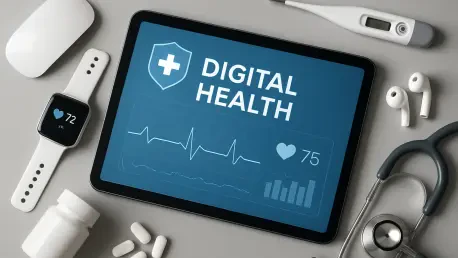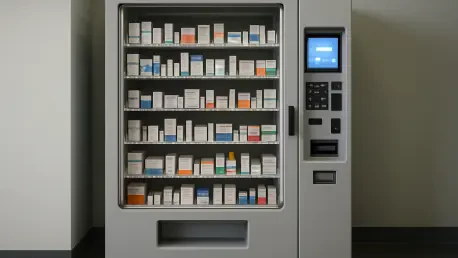
The digital health sector has long grappled with a daunting challenge: breaking through a prolonged drought of initial public offerings (IPOs) amid investor skepticism and market uncertainty. However, in a remarkable turn of events, Hinge Health and Omada Health have shattered this barrier with

In the heart of Chicago’s South Side, a troubling reality has unfolded as local pharmacy closures have turned neighborhoods into “pharmacy deserts,” leaving countless residents without easy access to life-sustaining medications, leading to missed prescriptions and worsening health. This crisis has

Imagine a world where access to healthy food and expert nutritional guidance is just a click away, even for those living in remote rural areas or struggling with socioeconomic barriers that make traditional healthcare unreachable. Virtual foodcare, an innovative fusion of telehealth technology and

The healthcare industry is undergoing a profound transformation, driven by a new generation of MedTech startups that are leveraging cutting-edge technologies to tackle some of the most persistent challenges in medical care. These innovative companies are not only introducing groundbreaking tools

Imagine a world where individuals battling severe chronic obstructive pulmonary disease (COPD) can receive top-tier medical care without stepping foot outside their homes, especially after a grueling hospital stay due to a flare-up. A groundbreaking study published in BMC Pulmonary Medicine reveals

Can a single event transform the healthcare landscape for millions across East Africa? At the Kenyatta International Convention Centre in Nairobi, Kenya, a groundbreaking gathering is unfolding from October 22 to 24, bringing together over 8,000 attendees, including healthcare professionals,